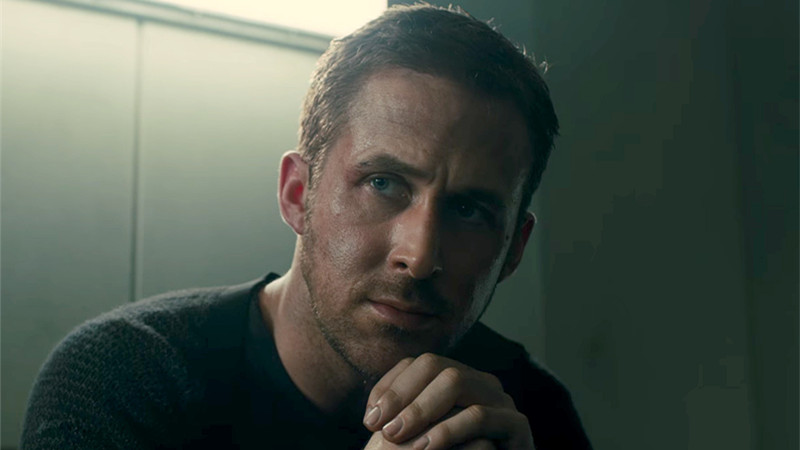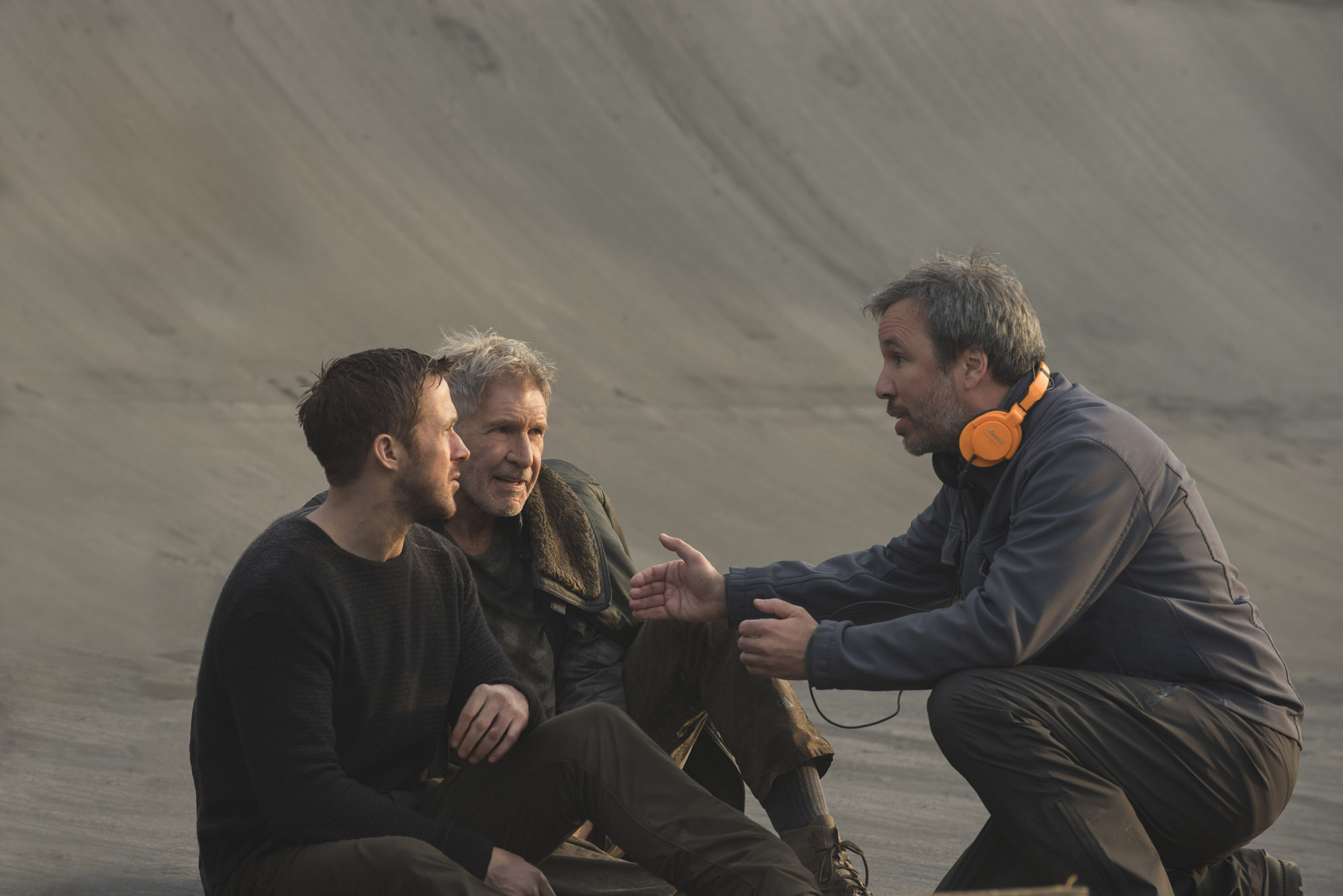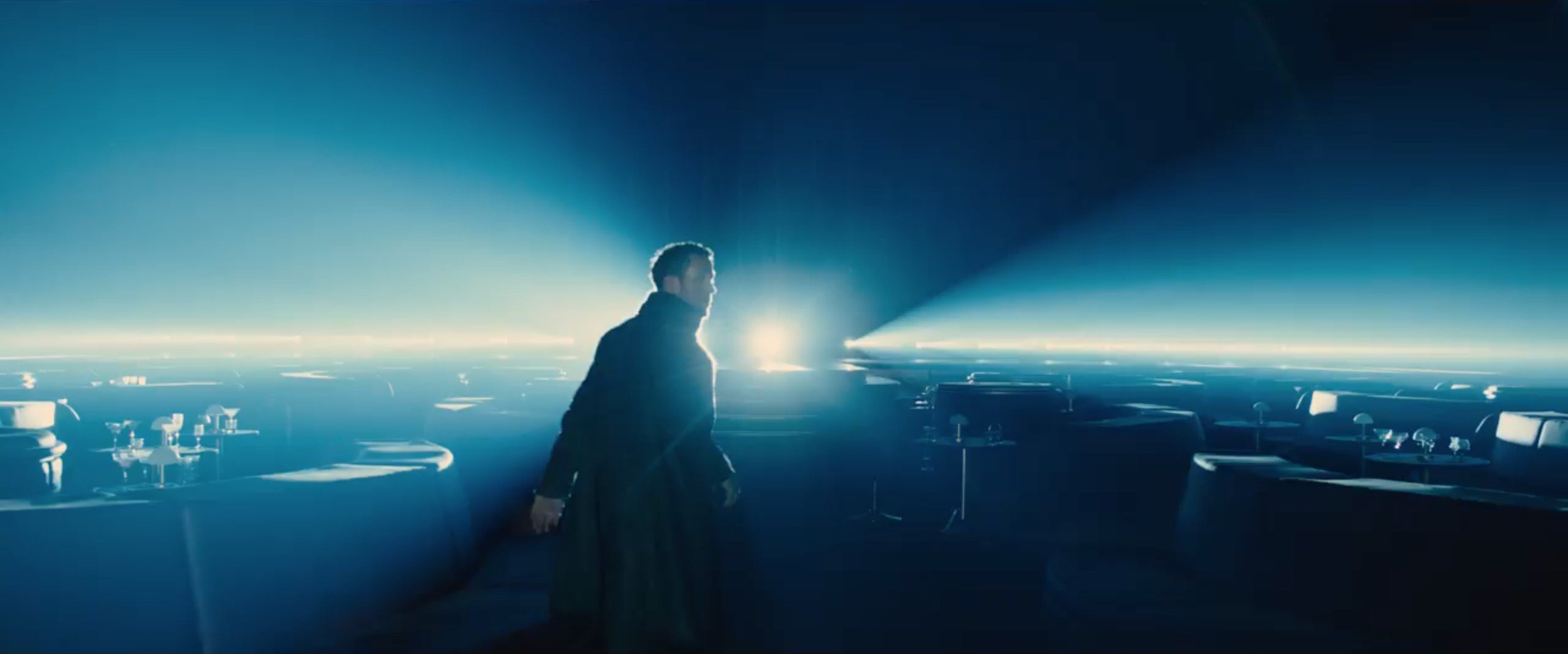
It might seem somewhat premature to suggest that, just a few weeks after its release, Blade Runner 2049 is a cinematic landmark that will be a benchmark for science-fiction films in the future. Yet once you have been subjected to it, immersed in it and walked out of the cinema only when you have rediscovered control of your limbs, does it dawn on you the magnitude of the film that has been made by director Denis Villeneuve.
Ridley Scott’s 1982 sci-fi noir has an accompanying history that is as complex as the film itself, yet Blade Runner 2049 has no such issues: untampered by studio executives and with a staggering budget, Villeneuve and cinematographer Roger Deakins have been unleashed and created a film that has a respect for Scott’s original but is simultaneously interested in expanding the world of the original.
The fallout from Blade Runner 2049 will not be felt immediately. Large-scale cinema takes years to make and therefore the imitators and homage-payers will arrive within the next decade and perhaps only then can we start to truly dissect the influence that Blade Runner 2049 will have had. What can be done now, however, is to look at Blade Runner 2049 with regards to the fellow blockbuster films that it is financially competing with and to explore how it offers an alternative from the thrashing, crashing blockbuster that engulfs our cinemas all year round.
While it is recommended that you watch Blade Runner 2049 before reading this list, the list is written in a way that the most important plot points are not explicitly mentioned.
1. Denis Villeneuve’s Direction

The career of Canadian director Denis Villeneuve could be tracked on a graph with a single upward trajectory, and perhaps Blade Runner 2049 suggests there is a dip in form to come as it is hard to imagine how any filmmaker could reach higher than this. The consistency of his work is remarkable: considering the scale of some of Villeneuve’s films, his desire to tell a complex, intertwining story is never distracted by a need to add unnecessary action to keep an audience engaged.
Villeneuve’s thought process seems to be that a blockbuster audience is as smart as he is, and nothing will be dumbed down to curtail to anyone- he allows scenes to take their time to play out, not wishing to rush anything, but to let the central themes and ideas grow in the mind and settle before then pressing on with the story. Exposition is a rarity in Blade Runner 2049, particularly regarding the information that K has to travel to his next destination: the smallest of details have the largest impacts on the story.
Time will tell as to how many big-budget directors will learn from Denis Villeneuve’s approach to Blade Runner 2049. Perhaps Villeneuve has taken inspiration from Christopher Nolan’s Interstellar- a similarly budgeted film that prioritises focus on ideas and concepts.
Villeneuve has taken this a step further and added the emotional weight that felt all too forced and manipulated in Nolan’s films. Should Blade Runner 2049 be a financial success, perhaps it will show directors that there is an alternative way to make blockbuster cinema rather than the perceived crowd-pleasing series of explosions and simple story-telling.
2. Roger Deakins’ Cinematography

There could possibly be nobody in the world of filmmaking who deserves an Oscar more than Roger Deakins. His skills at cinematography have been mesmerising audiences for years and yet he has never been garnered with awards on the greatest of stages. Regardless of personal views on the Oscars, it is the moment in the film calendar where the eyes of the world turn to see the winner, and nobody is worthy of such recognition more than Deakins.
Perhaps the most important film that Deakins has shot that relates to Blade Runner 2049 is Skyfall. In that he took a similar approach of working with a director best known for more dramatic films (Sam Mendes) and managed to create a James Bond film that was primarily about the relationships with those closest to Bond as opposed to the conventional routes that had placed the Bond franchise in a quagmire.
Deakins takes the same approach here, managing to balance the detail of the scenery with the presence of the characters on screen. Empty space is never put to waste; Deakins ensures that the lighting of each shot makes a spacious corner of a room come alive, putting absolutely nothing to waste. While it is most certainly a cliché to say that every frame is a painting, very few films will rival Blade Runner 2049 in claiming this statement to be true.
3. Pacing

Blade Runner 2049 clocks in at an astonishing 163 minutes, meaning audiences were preparing themselves for an over-three-hour stint at the cinema, which is a daunting prospect in itself. Often films take liberties with their runtimes and include sequences that do not add anything to the narrative but are simply there because they might look somewhat flashy.
How wonderful it is then to be able to declare that Blade Runner 2049 not only puts substance into every minute of its runtime, but that never feels like it is dragging. There are no dips in interest, moments of twiddling thumbs; Deakins’ camera makes certain every shot contains weight, while Hans Zimmer and Benjamin Wallfisch have created a score that balances intimacy with the strangeness and the sheer scale of the world in which we are in.
Villeneuve understands that for drama to be as effective as it can, it needs time to play out- the opening scene between K and Sapper Morton might, in any other film, have been cut down to the bare essentials, but in Blade Runner 2049, everything plays out in real time from K’s arrival to his cautious entrance and interactions with Morton.
Characters do not seem hurried to rush out their lines of dialogue; dramatic pauses or extended moments of silence are utilised to add intrigue and tension, everything feels strangely slowed down yet not for one second is it boring. In this regard, Ryan Gosling is perfect to play K, as there is a magnetic presence about him that demands attention. He is an actor that can say so much without ever opening his mouth, and indeed this plays into his hands throughout the film.